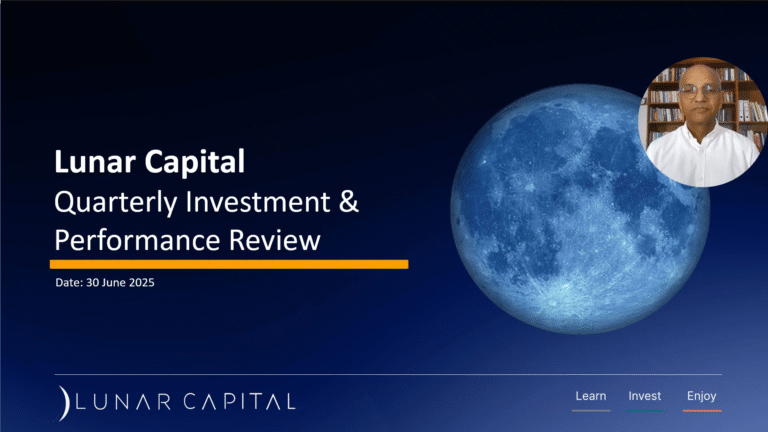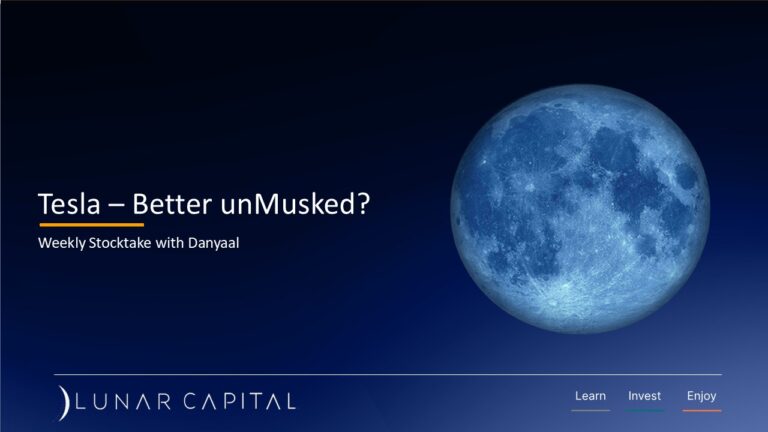Hubris
Investors are faced with a multitude of risks in any investment decision that they take. With the recent results from Famous Brands, Mediclinic, Taste Holdings and also not so recently Woolies and Old Mutual; one can’t help wondering if executive hubris* is not one of the bigger risks that investors face.
Offshore Expansion
In the name of offshore expansion, too many South African companies have lost significant shareholder value:
- Woolies was forced to write off R6.7bn after their disastrous acquisition of the David Jones business in Australia;
- Old Mutual finally through in the towel in their London listing and foreign acquisition spree that began in the mid-1990’s. They significantly overpaid for foreign acquisitions. Just compare Old Mutual and Sanlam since they demutualised: shareholders who re-invested their dividends would have received a 553% gain if they invested in Old Mutual versus a 2,822% gain if they invested in Sanlam**. Old Mutual went on an aggressive international expansion, somewhat neglecting its home market; whereas Sanlam stayed at home built its base and cautiously expanded into niche overseas markets;
- Famous Brands, once a darling of investors is now struggling with its acquisition of UK’s Gourmet Burger Kitchen and closing some of the brands that it acquired offshore;
- Taste Holdings, similarly is in a dire financial position as result largely for over-paying to bring big-name franchise brands like Starbucks into South Africa.
It is not only South African companies venturing offshore that get it wrong:
- Massmart has struggled since it was acquired by the giant Walmart group. So much for bringing international best practice and significant buying power to a previously well-performing business.
The list can go on and on. Too often expansion plans don’t pan out how management paint the picture. Some records also show that most acquisitions don’t meet the original return criteria. One has to question why management do those deals in the first place. Does management overrate their own importance, or do they want to have their names emblazoned on iconic deals, or are they driven by perverse incentive schemes? Executive hubris?
Beware the trophy head office
Hubris takes another form in fancy new head offices. I’m certain there is a study somewhere that shows companies beginning to underperform after they move into fancy new head offices.
In the name of productivity, attracting top human capital, or branding; substantial amounts of money is spent building or leasing new offices, but it is never clear that the required return on investment is actually achieved.
It must be a great kick and boost to self-importance to drive into the fanciest offices in town.
Should we paint all with the same brush?
We know however that not all acquisitions or expansions are bad and that it does make economic sense at times to upgrade to newer, more efficient business premises. We argue that investors should be sceptical of acquisitions, international forays and trophy business premises. Too often, these in fact tell you more about executive hubris than about business strategy.
A good indicator of money well invested is Return on Capital Invested (ROIC) and ultimately also Return on Equity (ROE). Businesses that are able to allocate capital efficiently significantly outperform those that follow some grand footprint or flag planting strategy over time. We gave the example of Sanlam versus Old Mutual earlier. Another great example is FirstRand versus Standard Bank. FirstRand has been much better at capital allocation than Standard Bank and this is reflected in their comparative share price performance over the long-term.
Both Sanlam and FirstRand have also acquired businesses, expanded offshore and moved into new buildings. Arguably, they have been more selective and disciplined about the investments that they made and how much they paid for them. Their shareholders have benefitted substantially more than those invested in their competitors, and who may have not been as selective and disciplined in their investment decisions.
Beware executive hubris!
* hubris = excessive pride or self-confidence; arrogance; feeling of superiority
** Source: Business Day 18 March 2018; https://www.businesslive.co.za/bd/companies/2018-03-16-returning-old-mutual-will-find-sanlam-ahead/




